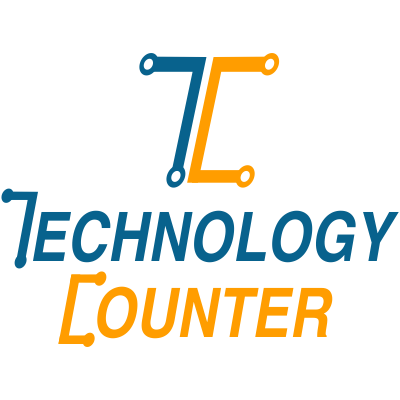Telemedicine Software Vs Trial Management Software
Posted 2023-10-23 06:22:22
0
1K

Telemedicine software and trial management software are two distinct types of software systems used in different domains of healthcare and research. Here's a comparison of these two types of software:
-
Purpose:
- Telemedicine Software: The telemedicine software is designed for delivering remote healthcare services. It enables healthcare providers to conduct virtual consultations with patients, diagnose illnesses, prescribe medications, and monitor patients' health remotely.
- Trial Management Software: Trial management software, on the other hand, is used in clinical research and trials. It helps researchers and organizations manage the various aspects of clinical trials, from participant recruitment to data collection and analysis.
-
Primary Users:
- Telemedicine Software: Healthcare providers, doctors, nurses, and other medical professionals use telemedicine software to provide healthcare services to patients remotely.
- Trial Management Software: Clinical researchers, trial coordinators, and research organizations use trial management software to plan and conduct clinical trials.
-
Key Features:
-
Telemedicine Software:
- Video and audio conferencing for virtual consultations.
- Electronic health records (EHR) integration.
- Patient scheduling and appointment management.
- Prescription and treatment planning tools.
- Secure patient data storage and transmission.
-
Trial Management Software:
- Participant recruitment and screening tools.
- Protocol and study design management.
- Electronic data capture (EDC) for data collection.
- Regulatory compliance and reporting.
- Randomization and blinding features for clinical trials.
-
-
Compliance and Regulations:
- Telemedicine Software: Must adhere to healthcare privacy laws and regulations like HIPAA (in the United States) to protect patient data and maintain security and privacy standards.
- Trial Management Software: The trial management software needs to comply with regulatory requirements for clinical trials, such as Good Clinical Practice (GCP) guidelines, and should support data traceability and audit trails.
-
Integration:
- Telemedicine Software: Integrates with EHR systems, pharmacy systems, and other healthcare software to ensure seamless patient care and record-keeping.
- Trial Management Software: May integrate with other research and data management tools, as well as regulatory databases for compliance.
-
Cost and Pricing Model:
- Telemedicine Software: Typically priced on a subscription or per-provider basis, depending on the number of users and features required.
- Trial Management Software: Pricing varies based on the complexity and scale of clinical trials, with costs associated with features like randomization and data storage.
-
Market Application:
- Telemedicine Software: Mainly used in patient care and telehealth services within healthcare institutions and practices.
- Trial Management Software: Primarily used in research institutions, pharmaceutical companies, and academic research centers involved in clinical trials.
In summary, telemedicine software is focused on providing remote healthcare services, while trial management software is designed to support the planning and execution of clinical trials. The two serve different purposes and cater to distinct user groups within the healthcare and research sectors.
Search
Sponsored
Categories
- Industry
- Art
- Causes
- Crafts
- Dance
- Drinks
- Film
- Fitness
- Food
- Games
- Gardening
- Health
- Home
- Literature
- Music
- Networking
- Other
- Party
- Religion
- Shopping
- Sports
- Theater
- Wellness
- News
Read More
FC 25 Spieler Preise: Die besten EA FC 25 Spieler kaufen und sparen
FC 25 Spieler Preise: Die besten EA FC 25 Spieler kaufen und sparen
EA Sports hat mit EA FC 25...
SAP C_TS413_2021題庫分享 - C_TS413_2021最新考題,C_TS413_2021考試題庫
所有購買 PDFExamDumps C_TS413_2021 最新考題 SAP C_TS413_2021...
https://www.facebook.com/BlueMadeiraCBDGummiesReviewss/
The endocannabinoid system (ECS), which is present in all mammals, is the mechanism of action of...
Navigating Change: Strategies for Success in the Cloud Communication Platform Market
Unlocking Growth: Exploring the Cloud Communication Platform Market Landscape
In the fast-paced...
Helicopter Simulator Market 2024-2032 Report Size, Share, Growth, Future Trends and Recent Scope
The Helicopter Simulator Market has experienced remarkable growth and surging demand....


